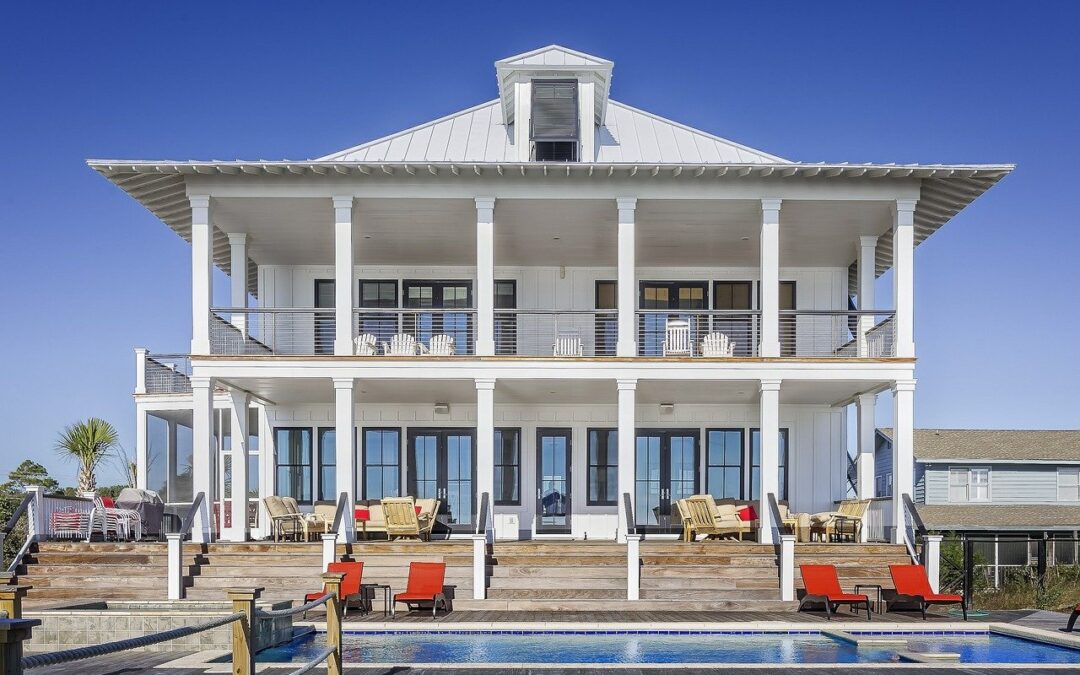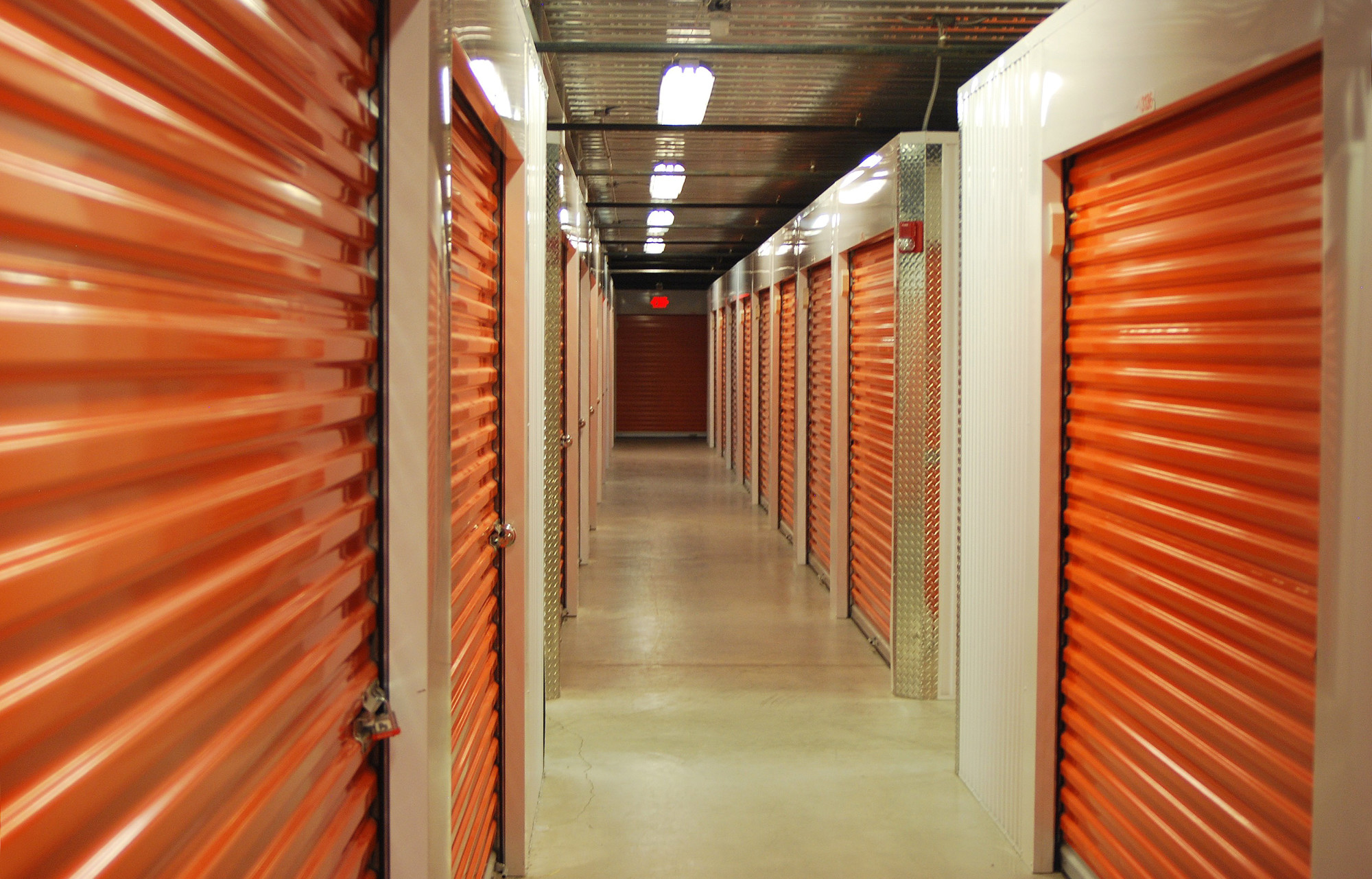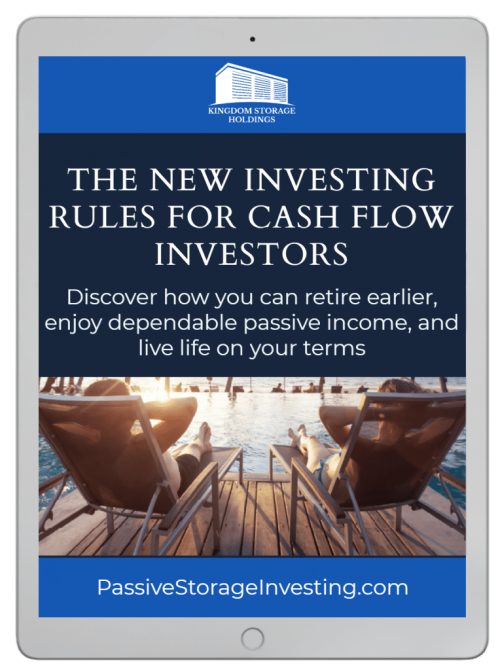It is every real estate investor’s dream to sit back and relax while their properties create a cash flow income. Many new investors might have heard of the term passive income, but they are not sure what it means or how to create it for themselves.
In this guide, we will unravel some of the mysteries surrounding passive income and how investors can leverage the power of real estate properties to create a cash flow income. We will take a look at how to earn passive income and find properties, as well as break down some of the best options for real estate investors. Keep reading to find the best options for you to create the cash flow lifestyle you’ve always wanted.
What Is Passive Income Real Estate Investing?
Passive income is any earnings an investor makes from a venture where they are not actively involved. Real estate is one of the most lucrative forms of investment where people can make passive income. This type of earning is becoming increasingly popular due to its work-from-home and hands-off nature. It offers the opportunity for investors to be their own boss while still earning cash flow. It is important they keep track of their property investments to ensure they are making good returns.
So, is rental income passive income? Yes, it can be! Passive income can come from rental properties, which offer flexibility and great earning potential. The rent paid from tenants can go directly to the investor in most cases, especially if another individual or company has been hired to manage the property’s day-to-day affairs.
Benefits of Passive Income Real Estate Investment Properties
Passive income from real estate can provide a unique way for investors to work on other projects while still maintaining cash flow. One benefit of this investment strategy is a person can continue to work their career job, start another business, or buy additional properties. The hands-off nature of rental properties allows people to go on vacation, travel with their families, or build their wealth even more.
Another benefit of real estate investing to gain passive income is you can save a lot of money. The most important money-saving factor of rental properties is the tax breaks you receive. For many investors, their biggest expenditure is their tax bill every year. Real estate offers numerous ways for investors to cut down on their taxes. You can save money with deductions, a 1031 Exchange, capital gains, and depreciation.
Another advantage of earning passive income is you can put it toward the things that matter most in life. For example, you can save for your children’s college fund, open a retirement account, or pay off any outstanding debt. Once you retire, your passive income streams will still be available. This is a great way to put you on the right track to financial independence.
How to Get Started in Passive Income Real Estate Investing
So, how do you earn passive income? You can create a passive revenue stream through rental properties. You can also make renovations to a property and build equity for when you might be ready to sell it.
While passive income can be earned without the investor’s active involvement, if you really want to maximize your returns, you should treat this venture as a business. You might be able to take a step back after you hire the right people, but you should have a thorough hiring process before doing so.

The first step is to investigate and understand the specific real estate market in which you wish to buy your first property. You should understand the market trends, developing areas, and where most people are renting. It might be a good idea to pick a property close to your primary residence so you can monitor its progress easier.
One of the best ways to find a good rental property is to hire a professional who knows exactly how to help you. Whether it is commercial or residential real estate, someone who knows the lay of the land can be of great use to you.
After you find a suitable property, you will enter the buying phase. Once the paperwork is signed, the real fun begins. As you enter the execution phase, you should have a plan in place for managing tenants, cash flow, paperwork, and maintenance. So, the answer to how to make passive income is that it requires a lot of due diligence on the part of the investor.
Best Ways to Create Passive Income Through Real Estate
Self-Storage Facilities
Self-storage facilities are quickly becoming the most lucrative and recession-proof passive real estate investment in the whole sector. During this past year, the real estate sector went through some tremendous lows. During this same tumultuous year, the self-storage business experienced a 3.24% revenue increase for same-store entities year over year.
In 2019, the self-storage industry was valued at about $87.65 billion. By 2025, it is expected to be valued at nearly $115.62 billion. This puts the compound annual growth rate at 134.79%. As you can see, this type of property is a safe investment that can create significant passive income.
One of the many benefits of self-storage investing is the ease with which the facilities can be managed. For most facilities, you do not need a property manager working full-time on-site as you do with apartment buildings. You can hire someone, perhaps a security guard, to monitor people coming and going to access their storage units. You can also implement a keypad system, where each tenant has a code and a lock to their unit.
Storage facilities require very little maintenance. Since your tenants do not live in the space, you do not need to hire someone to fix general maintenance problems. There are no plumbing concerns or trash to deal with. Most tenants in these facilities are on a month-to-month contract, which means you can adjust prices according to market rates more often. You can simply collect the rent each month for every unit and enjoy the passive income.
The best way to find these investments is to hire a professional to help you with laying the groundwork for owning a self-storage facility.
Single-Family Homes
This type of passive income investment is popular in suburban areas where there are a lot of homes or condos. A typical single-family home will have two or three bedrooms and two bathrooms. These units are designed for a single tenant or a family.
You can purchase a single-family home with cash or financing. Once you have a tenant, you can collect rent from them monthly. One advantage of this investment is most tenants are more psychologically invested in the property since they are trying to make it their home. If you choose the right renter, they will normally take good care of the property. One downside to this investment is if the unit is empty, then you will not receive any passive income for that duration.
Multi-Unit Properties
These are slightly different from apartment buildings. A typical multi-unit dwelling will consist of two or three units, often called duplexes or triplexes. These multi-unit homes are easier to manage than large apartment complexes. These investment properties are more difficult to manage than a single-family home, but they offer greater passive income potential. If one unit is vacant, you will still earn income from the other units.
Vacation Rental Properties
This type of investment property can earn a lot of passive income for investors, especially during high season. With the advent of Airbnb, people can list their vacation properties and have tenants stay at their houses for short durations.
These types of passive income properties perform best when they are located in transient areas or tourist hotspots. An investor can often charge more per night than they would if they rented the unit to a long-term tenant. Also, with short-term tenants, you also have an opportunity to raise your rates between stays based on the market. Another benefit of vacation rentals is you can blackout certain dates for using the property yourself. If you feel like taking a beach vacation, you will always have a place to stay.
On the other hand, vacation homes require more maintenance than other types of real estate. You have to hire a cleaner after each tenant leaves, which could be every two or three days. You might also have more maintenance issues due to the constant transience of tenants. Most people on vacation will not take care of a rental like they would their own home. These properties also require a top-notch property manager to handle scheduling, cancellations, and other concerns.
Apartment Rental Properties
This is one of the most popular types of passive income properties since the earning potential can far exceed that of other categories. Large apartment buildings are ideal for passive income investors since they typically have a minimum of six units, but they can have as many as two hundred units.

Note that apartment complexes require extensive management. You will have to hire a property manager to handle tenant requests and rent payments. You may have to hire a security guard, groundskeeper, parking attendant, and maintenance worker as well. While the management is extensive, the earning potential is great. If you hire the right people, you can sit back and enjoy the passive income stream from your many units.
Real Estate Investment Trusts (REITs)
REITs allow investors to remain totally hands-off. This option appeals to people who want to get into passive real estate investing but do not want to handle the operations side of things.
A REIT is a company that owns income-generating real estate investments. A REIT will pool together the money of many investors and use that money to buy a commercial property. The individual investors will earn dividends based on the performance of the property. You can invest money into a REIT and remain totally hands-off while you collect passive income. While this is a great way to get started in passive income real estate investing, the returns are lower than other investment strategies. REITs are generally much lower risk, however.
Commercial Buildings
This type of passive income investment usually consists of office buildings, retail chains, or strip malls. They are one of the best options for real estate investors who have a lot of capital. Most of the time, the tenants will sign a long-term lease of more than three years. This is beneficial to the investor since they know they will be guaranteed passive income for the set lease term.
Another benefit is that commercial buildings are not lived in. The employees and other merchants go home at the end of the day. That means you should have fewer maintenance concerns in a large commercial building compared to an apartment complex.
Industrial Buildings
Like self-storage facilities, the industrial building sector is growing extremely fast. Some of the common tenants for industrial buildings are warehouses, data centers, and factories. Data center construction is expected to grow by 4.8% annually. People are spending more and more time on their computers, phones, and tablets than ever before, and all of the data that we put into the cloud has to go somewhere.
Similarly to investing in commercial buildings, you will be dealing with long-term leases only. Another positive benefit of industrial buildings is the tenants will not be living there, which makes maintenance easier. One drawback is they require a lot of capital upfront.
Important Questions Every Passive Income Real Estate Investor Should Ask
How do I find suitable investment properties?
The best way to find a good investment property is to speak with an expert in the field you want to invest in. For example, if you want to invest in a self-storage facility, then you need to contact a self-storage expert since that is vastly different from purchasing a home.
Likewise, if you want to purchase a single-family home, then you should speak with a real estate agent. Every expert in their field will be able to help you find the best properties for you to earn a passive income.
What is the neighborhood like?
You should investigate the neighborhood where you want to buy your first investment property. If you are investing in commercial properties, then you might want to find out who your competition is. You might be able to speak with people in the neighborhood to get a feel for what the area is like.
How does the rental market look?
Before you purchase an investment property, you need to check out what the rental market around your potential property looks like. You should investigate the number of buildings sold in the area and how much they sold for. You should take a look at occupancy rates for similar rentals in the area. We recommend hiring an experienced team to help you with due diligence before making a purchase.
Should I take out a loan or pay cash?
This will largely depend on your financial situation. The benefits of paying cash include much lower closing costs, increased cash flow, no interest payments, instant equity, and the ability to close quickly. The downside to paying cash is it can limit the number of properties you can buy since your assets are tied up in one investment.
The benefits of taking out a loan are deductible interest payments, more portfolio diversification, and credit-building investments. Naturally, a downside is the interest payments you would have to make. But if you want to invest in multiple properties, then it might be better to take out a loan.
Summary
Earning passive income from real estate is a dream job, and there is no reason you can’t do it yourself. What could be better than going away on vacation while your passive income investments earn you money?
In this guide, we have armed you with all the information you need to understand passive income and get started on this venture for yourself. If you are ready to start living a cash flow lifestyle, check out our website to see how you can reap the benefits of this commercial industry opportunity and start earning passive income now.





